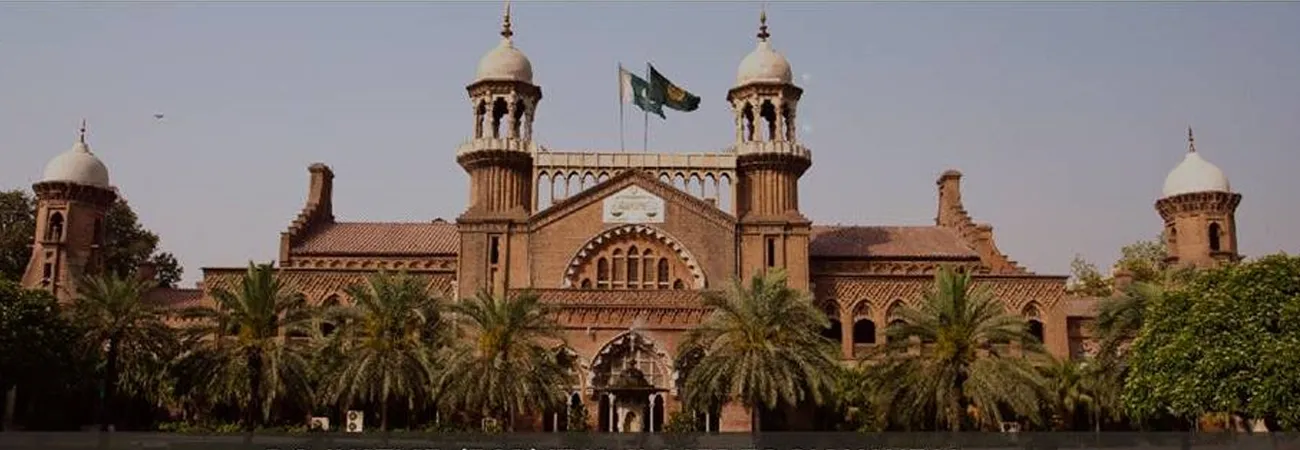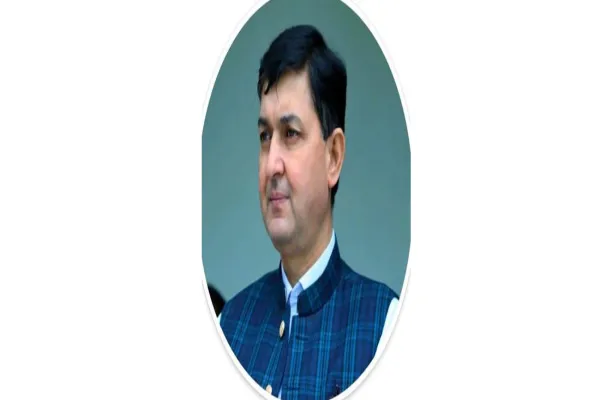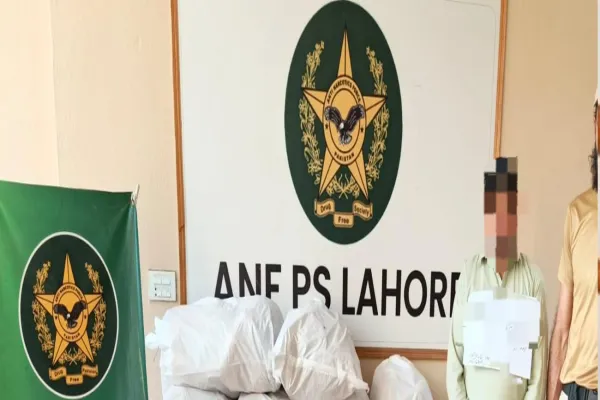i NEWS PAKISTAN
The Lahore High Court (LHC) has directed the Prime Minister’s Office (PMO) to issue instructions to all civil and military agencies, including the Intelligence Bureau and Inter-Services Intelligence, against contacting or approaching “any judge” or member of their staff. Justice Shahid Karim issued the directions in a written order — which emerged on Saturday — on a complaint filed by an anti-terrorism court (ATC) judge in Sargodha against harassment after he allegedly refused to meet officials of an intelligence agency. Former LHC chief justice Malik Shahzad Ahmad Khan had taken a suo motu notice on the judge’s complaint filed with the registrar and started proceedings. Following his elevation to the Supreme Court, Justice Karim presided over the case. At the previous hearing, Justice Karim had remarked that Prime Minister Shehbaz Sharif was responsible and answerable for the actions of intelligence agencies as they came under his command. In a written order dated June 27 the judge noted that it was “imperative” to proceed on certain issues that “regularly come before this court” and regarding which “directions are necessary to be issued in order to protect the independence of the judiciary”.
Subsequently, he ordered: “Instructions shall go out by the Prime Minister’s Office to all civil or military agencies including the Intelligence Bureau as well as Inter-Services Intelligence (ISI) regarding strict directions not to approach or contact any judge whether of the superior judiciary or sub-ordinate judiciary or any member of their staff in future.” Similar directions were also issued for the Punjab police. “Likewise, instructions shall be issued by the Inspector General of Police, Punjab to all police officers […] not to contact directly any judge of superior judiciary or the sub-ordinate judiciary regarding the merits of any pending judicial proceedings before these courts,” the written order stated. It said that measures regarding the security of ATCs across Punjab would only be put in place “with the consultation and concurrence of the learned judge of that court and not otherwise”, warning that the inspector general and police chief would be “held personally responsible” and proceeded against in contempt if the order was violated.
Justice Karim also directed ATC judges across Punjab to download call-recording applications on their mobile phones. “[They] shall be bound to record all such calls which they receive and with regard to which the learned judges have apprehension that they have been made to influence any judicial proceedings before them,” he said. “A direction is issued to the judges of ATCs across Punjab to deal and decide the cases relating to May 9, 2023, expeditiously and on priority,” the order added. The court further directed the Sargodha ATC judge and court staff to cooperate in the investigation. “All investigation proceedings should be video recorded and the record shall be maintained by the police as also remitted to this court through the registrar,” it said. The order concluded that the proceedings were adjourned till July 8.
The complaint The complaint of the Sargodha ATC judge pertained to his first day as in charge on June 7 when he was told that “some authority of ISI” wanted to meet him in his chamber. The judge said he straightaway refused the request. Since then, he listed a number of harassment incidents targeted at his family, including damages to the gas meter installed outside his official residence in Bahawalpur, where he was serving before being posted to Sargodha. He also submitted that his family received an inflated electricity bill for the previous month, which was apparently a fake, and the possibility cannot be ruled out that it was sent in connivance with the power utility company and intelligence agency members. The judicial officer reported that his relatives were also “teased” by some unknown men about his personal information.
Credit: Independent News Pakistan









